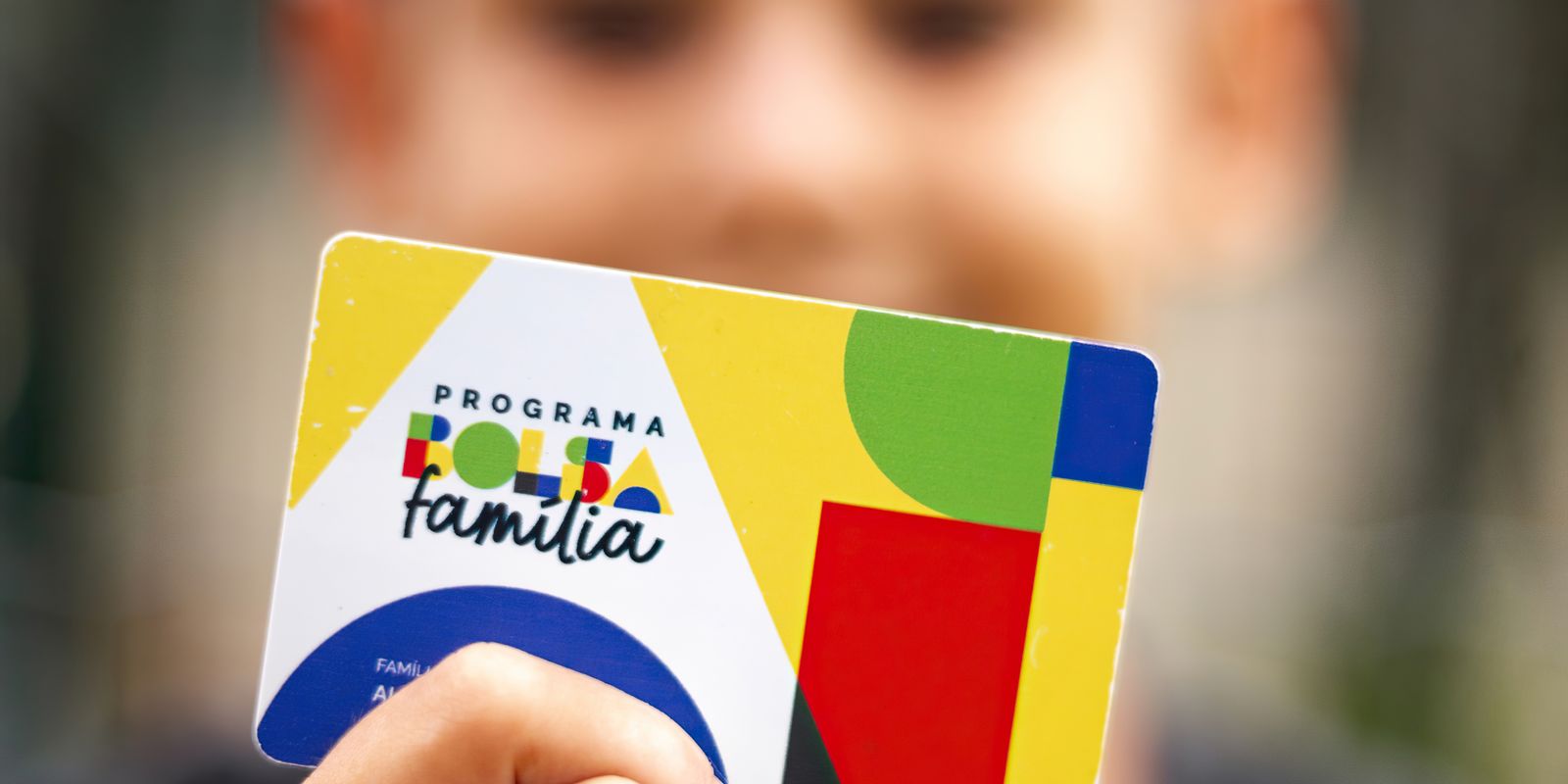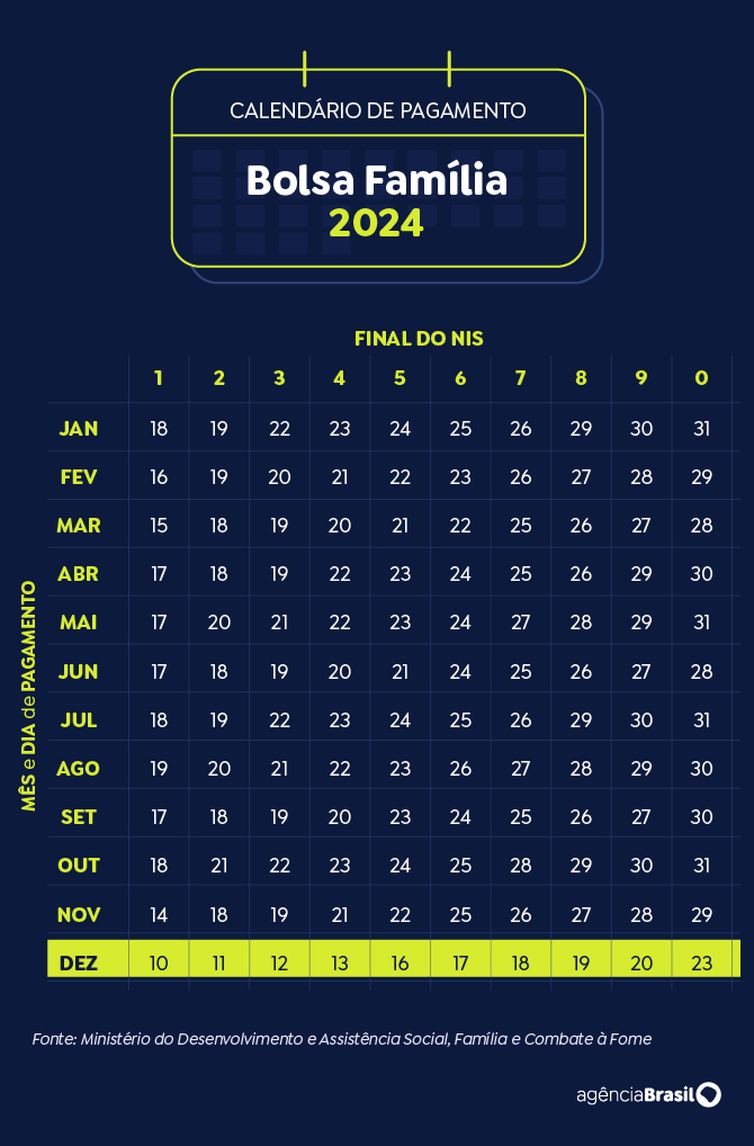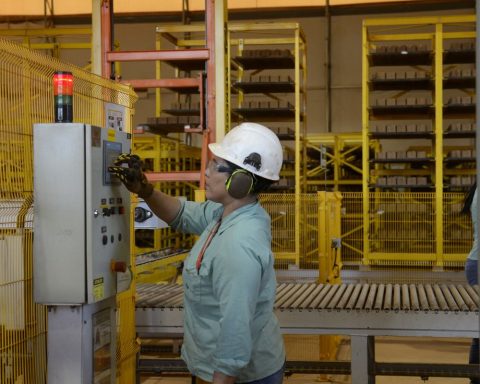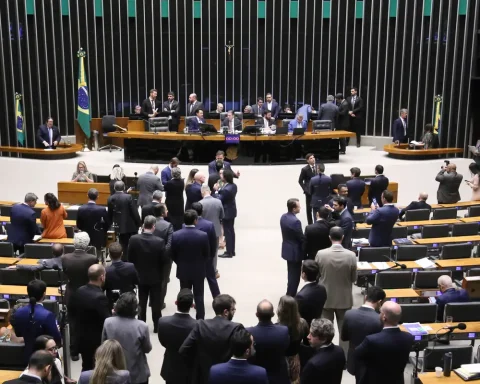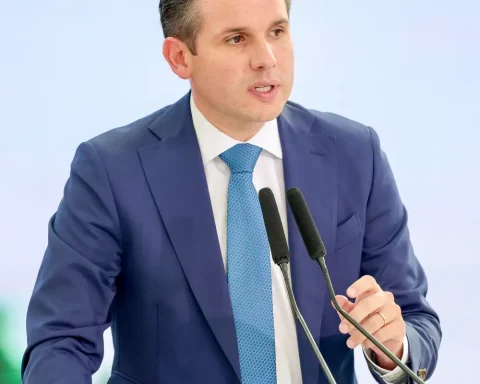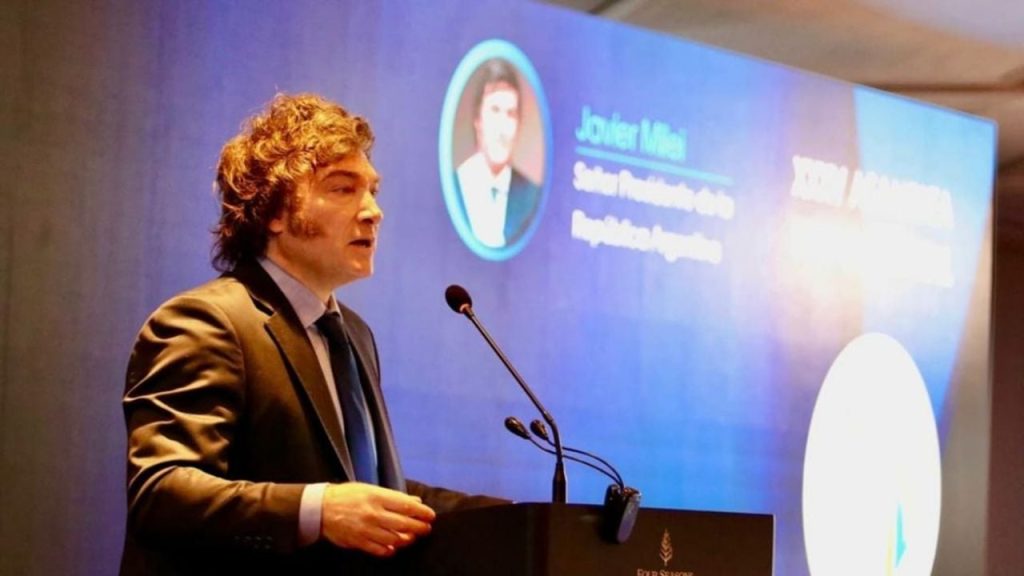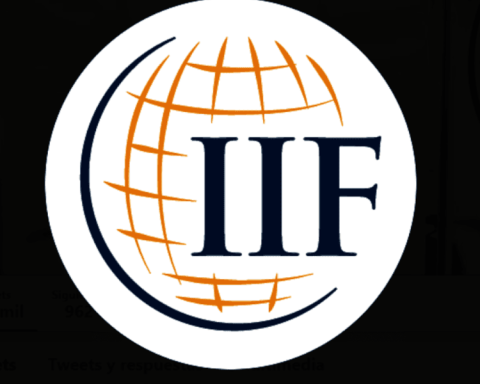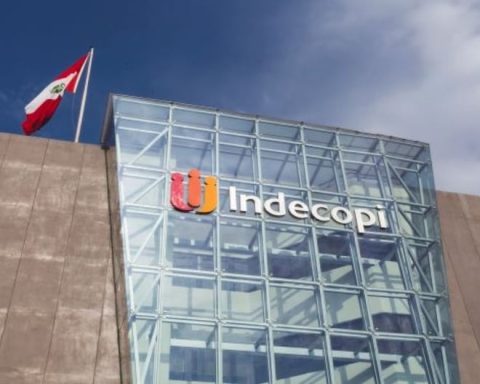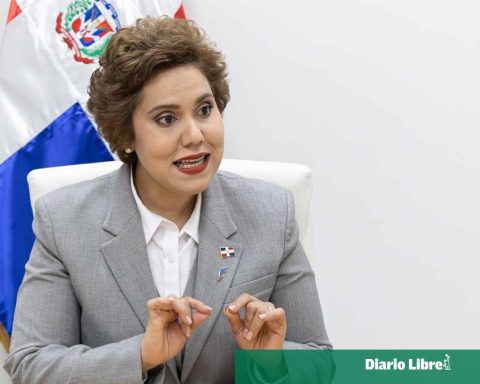Caixa Econômica Federal completes the payment of the December installment of Bolsa Família. Beneficiaries with a Social Registration Number (NIS) ending in 0 will receive this Monday (23).
The minimum value corresponds to R$600, but with the new additional the average value of the benefit increases to R$678.36. According to the Ministry of Development and Social Assistance, this month the Federal Government’s income transfer program reached 20.81 million families, with expenditure of R$14.07 billion.
In addition to the minimum benefit, there is the payment of three additional benefits. The Nutriz Family Variable Benefit pays six installments of R$50 to mothers of babies up to six months of age, to guarantee the child’s nutrition. Bolsa Família also pays an additional R$50 to families with pregnant women and children aged 7 to 18 and another R$150 to families with children up to 6 years old.
In the traditional Bolsa Família model, payment occurs in the last ten working days of each month. The beneficiary will be able to consult information about payment dates, the value of the benefit and the composition of the installments in the Caixa Tem application, used to monitor the bank’s digital savings accounts.
Residents of Rio Grande do Sul, affected by floods from April to June, and four other states (Amazonas, Paraná, Rondônia and São Paulo) received the Bolsa Família payment in a unified manner on the 10th, regardless of their NIS number. The unified payment benefited 59 municipalities in Amazonas and 52 in Rondônia affected by drought and low rivers, seven municipalities in Paraná and 21 municipalities in São Paulo affected by heavy rains.
Starting this year, Bolsa Família beneficiaries no longer have the Defeso Insurance discount. The change was established by Law 14,601/2023, which rescued the Bolsa Família Program (PBF). Defeso Insurance is paid to people who survive exclusively from artisanal fishing and who cannot carry out the activity during the piracema period (fish reproduction).
Protection rule
Around 2.74 million families are under the protection rule in December. In force since June last year, this rule allows families whose members get a job and improve their income to receive 50% of the benefit to which they would be entitled for up to two years, as long as each member receives the equivalent of up to half the minimum wage. For these families, the average benefit was R$370.33.
Register
Since July last year, the integration of Bolsa Família data with the National Register of Social Information (CNIS) has become effective. Based on cross-checking information, around 280,000 families were canceled from the program this month for having income above the rules established by Bolsa Família. The CNIS has more than 80 billion administrative records relating to income, formal employment relationships and social security and assistance benefits paid by the INSS.
On the other hand, another 200,000 families were included in the program in December. Inclusion was possible because of the active search policy, based on the restructuring of the Unified Social Assistance System (Suas) and which focuses on the most vulnerable people who are entitled to the income supplement, but do not receive the benefit.
Gas Aid
Gas Aid will also be paid this Monday to families registered in the Single Registry for Social Programs of the Federal Government (CadÚnico), with final NIS 0. The amount was R$104 this month. Due to a delay in releasing the benefit, beneficiaries with NIS 1 and 2 received it last Thursday (12). Beneficiaries from NIS 3 onwards received according to the Bolsa Família release schedule.
Scheduled to last until the end of 2026, the program benefits around 5.5 million families. With the approval of the Transitional Constitutional Amendment, at the end of 2022, the benefit was maintained at 100% of the average price of a 13 kg cylinder.
Only those who are included in CadÚnico and have at least one family member who receives the Continuous Payment Benefit (BPC) can receive Gas Aid. The law that created the program defined that the woman responsible for the family will have preference, as well as women who are victims of domestic violence.
